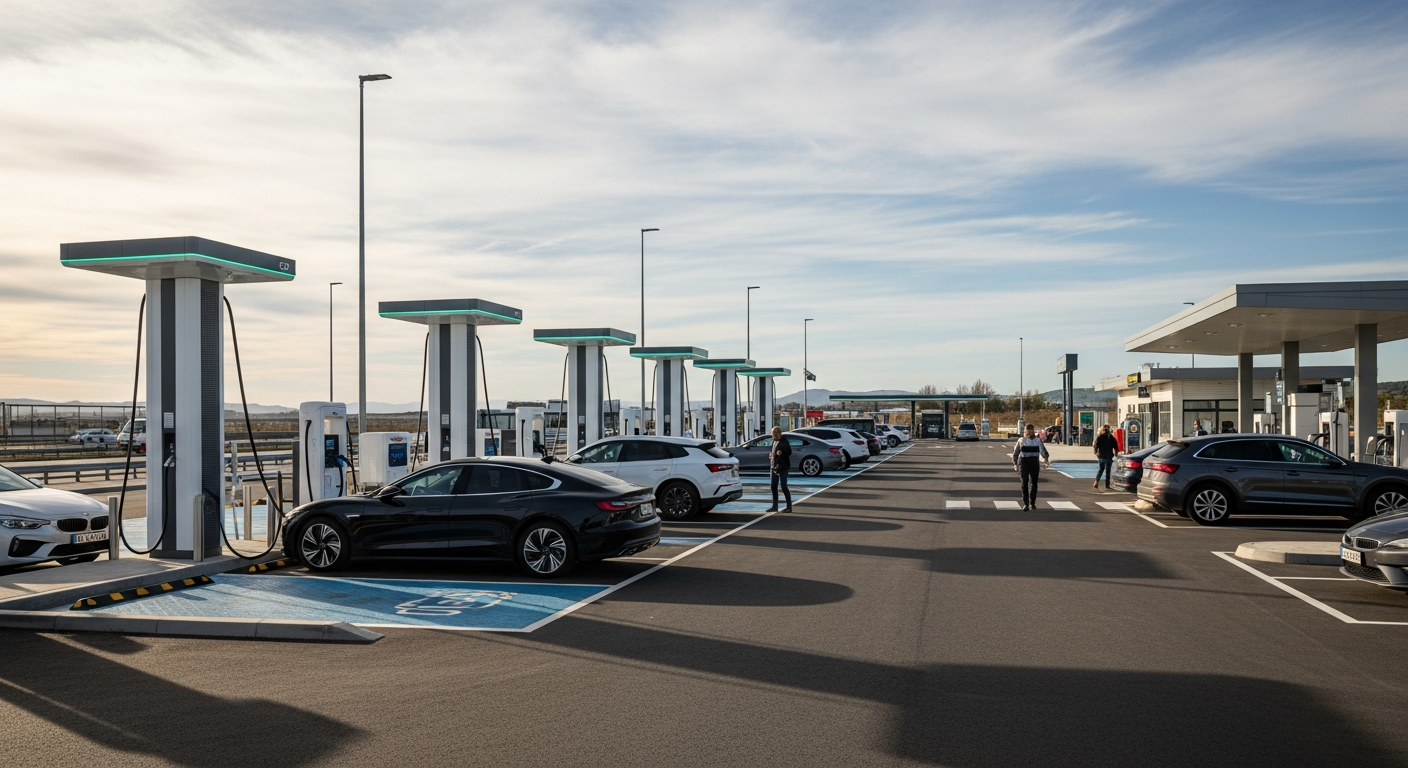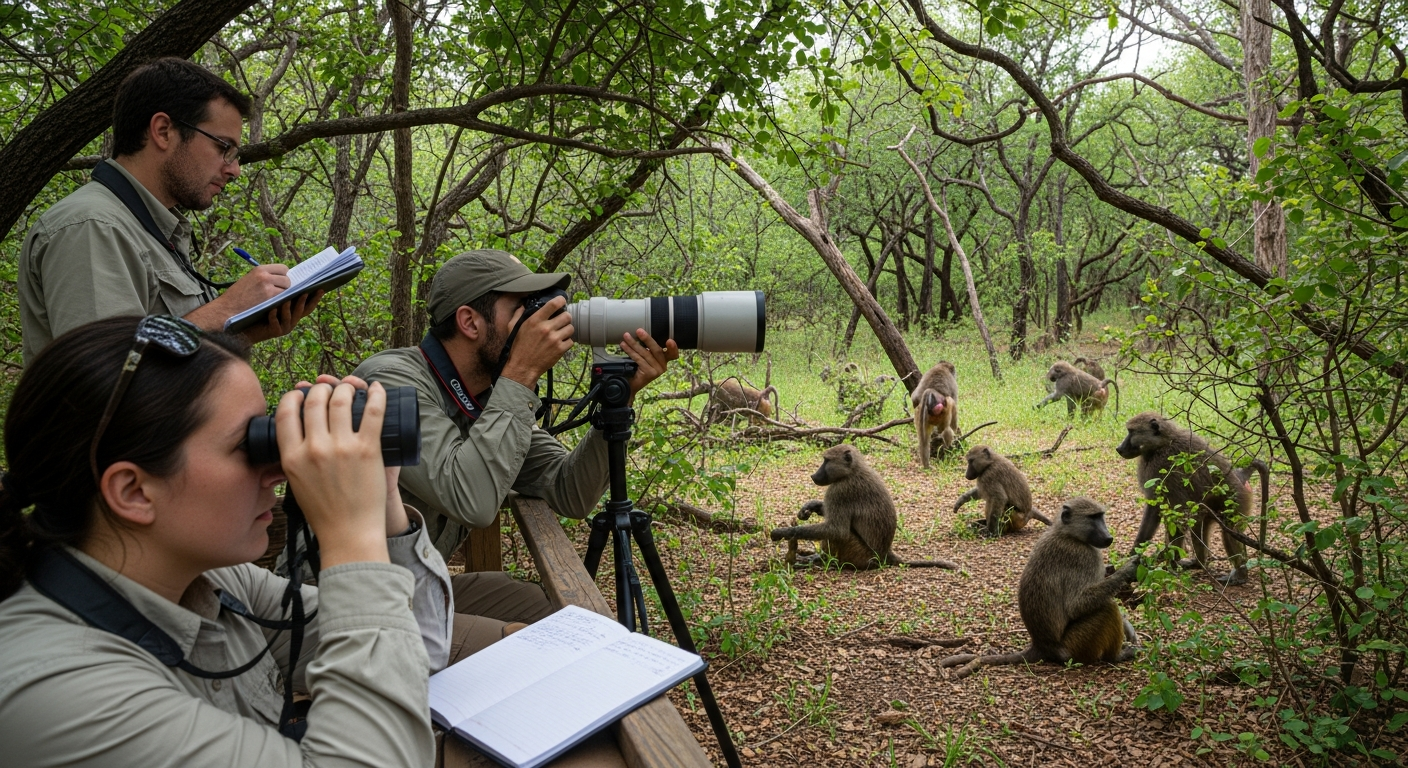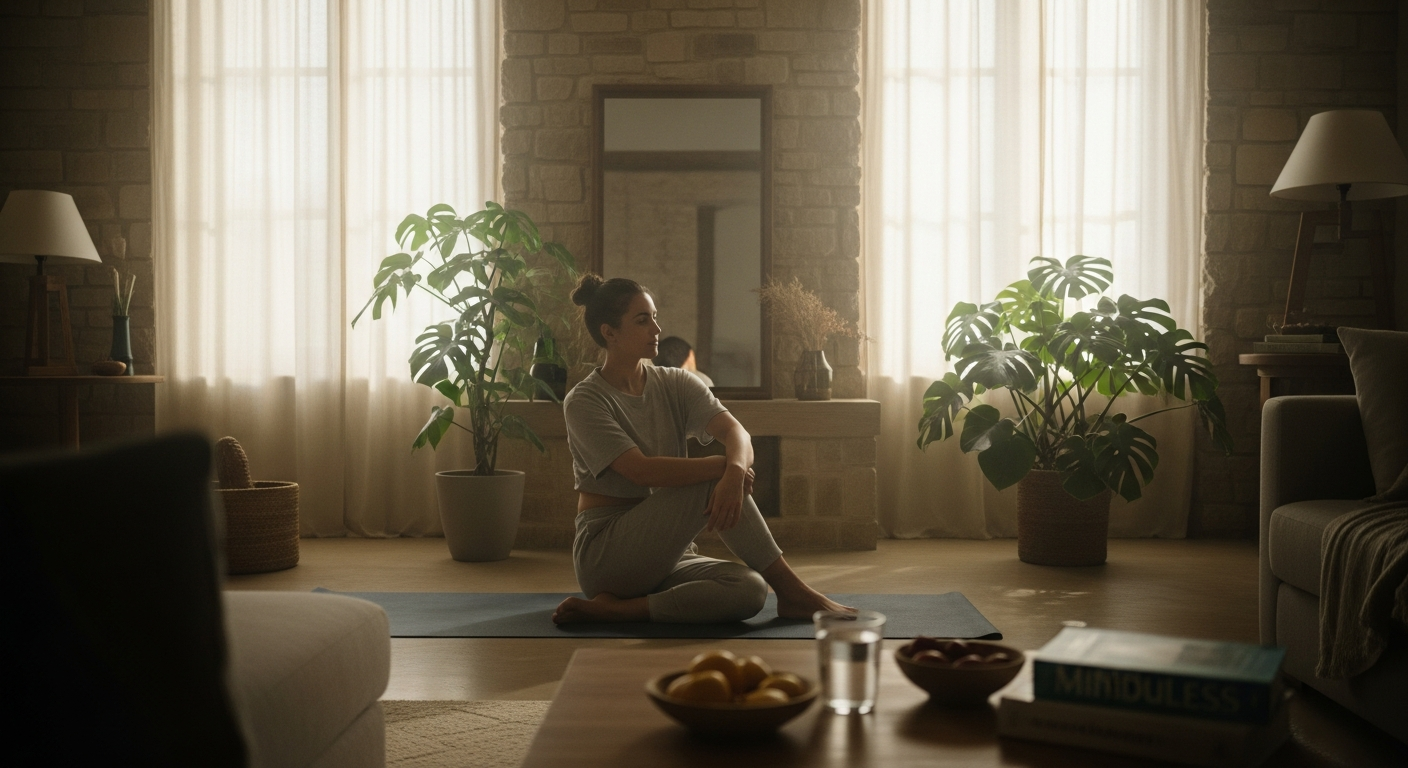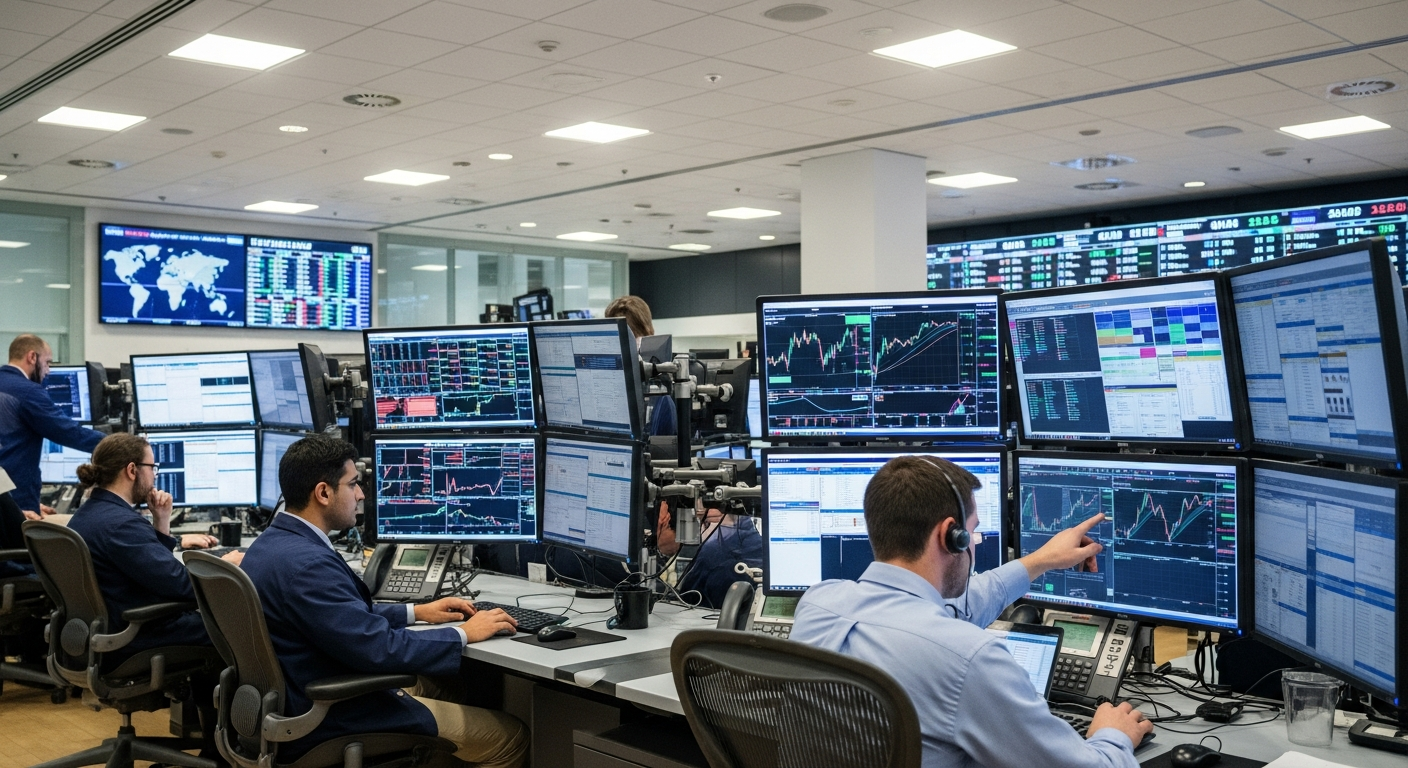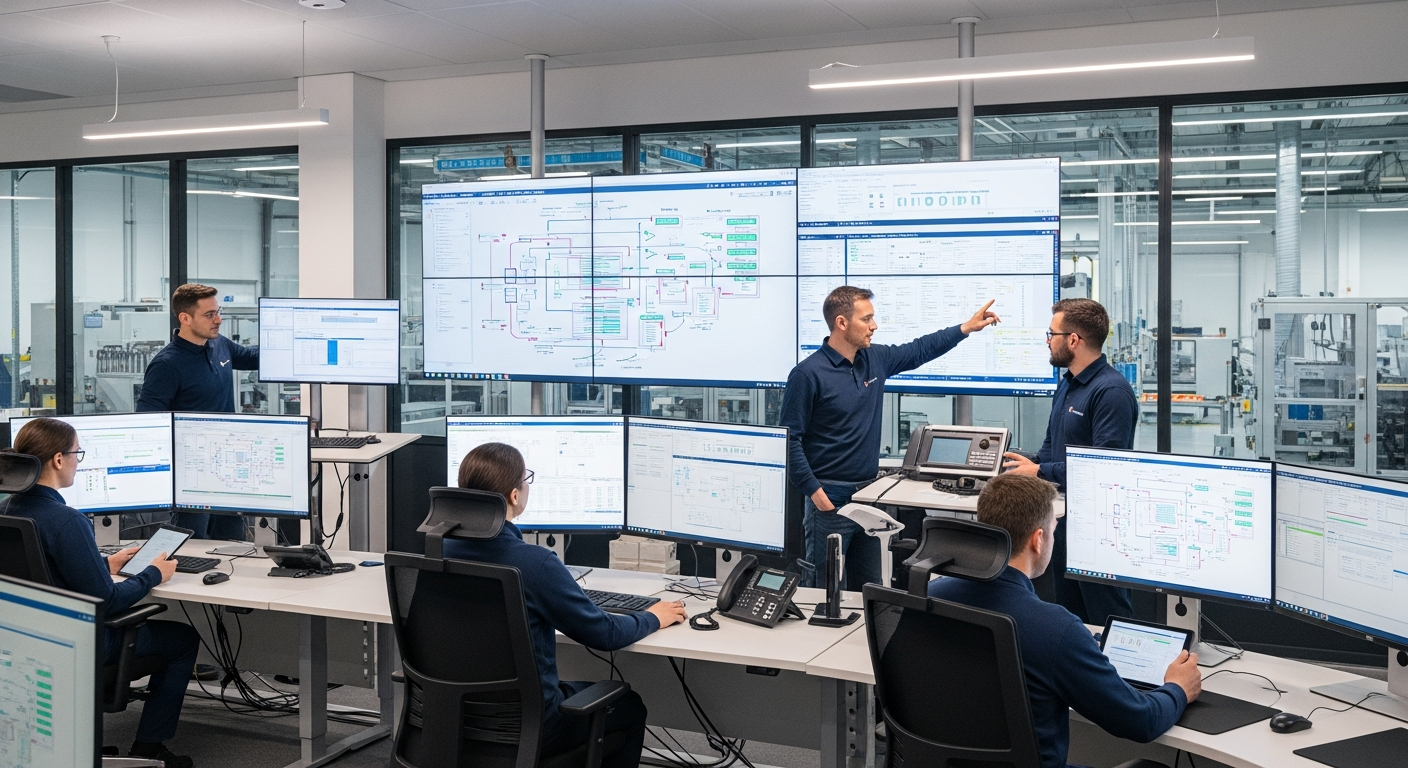The Resurgence of Experimental Opera
In an era of artistic innovation, experimental opera emerges as a captivating force, challenging traditional boundaries and redefining the operatic experience. This avant-garde approach blends classical elements with contemporary techniques, creating immersive performances that push the limits of storytelling and musical expression. From unconventional staging to groundbreaking compositions, experimental opera captivates audiences and sparks critical dialogue about the future of this timeless art form.
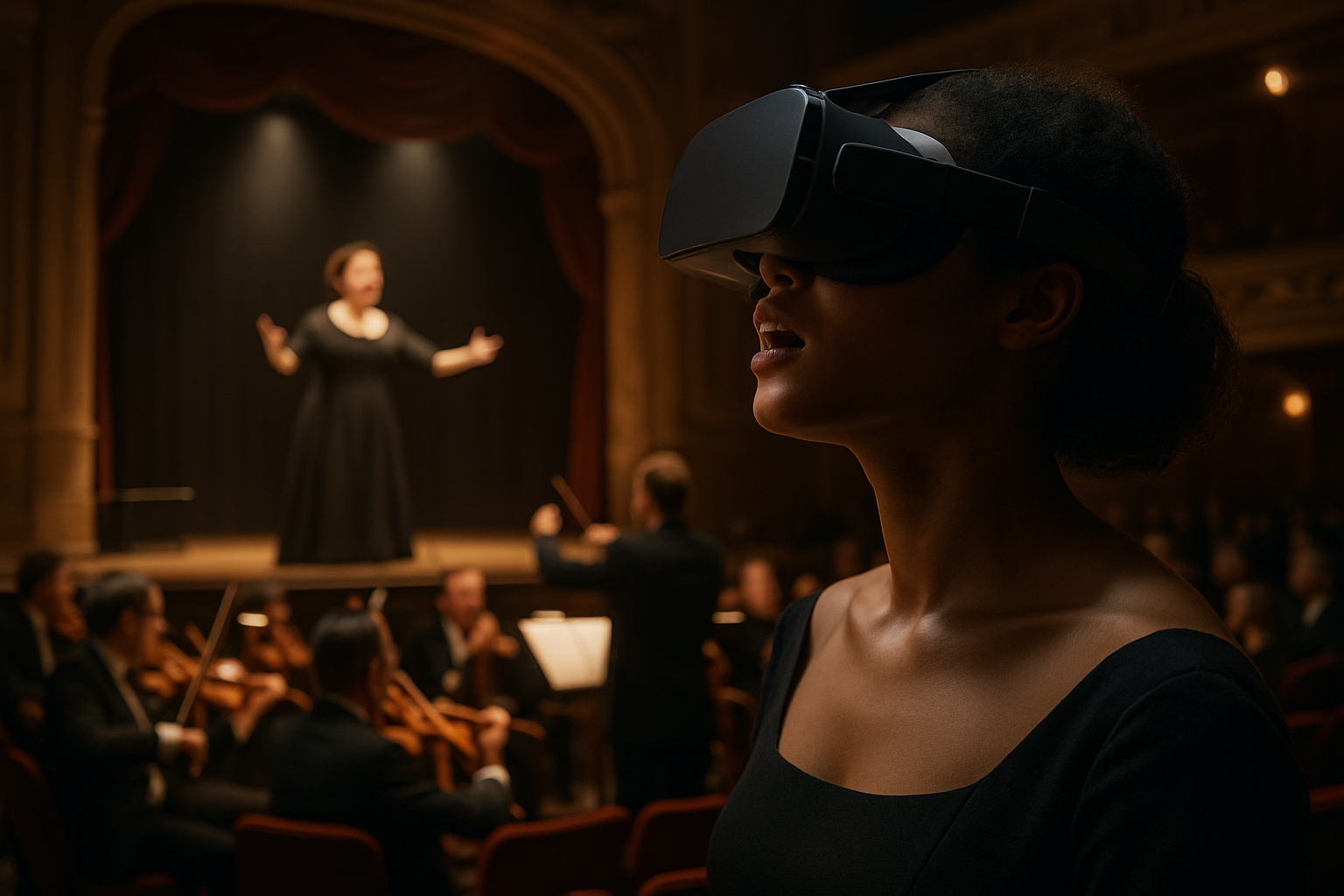
Breaking Boundaries in Composition
At the heart of experimental opera lies a willingness to push the boundaries of musical composition. Contemporary composers are exploring atonal structures, electronic soundscapes, and unconventional instrumentation to create unique sonic experiences. Some works incorporate found sounds, field recordings, and digital manipulation, blurring the lines between traditional operatic singing and avant-garde sound art. This approach not only expands the musical palette of opera but also allows for greater emotional expression and narrative complexity.
Reimagining Staging and Performance Spaces
Experimental opera often breaks free from the confines of traditional theater spaces, embracing site-specific performances and immersive environments. Productions may take place in abandoned warehouses, public parks, or even virtual reality platforms, transforming the audience’s relationship with the performance. This reimagining of space and staging creates new possibilities for storytelling and audience engagement, often blurring the lines between performers and spectators. Some experimental operas incorporate interactive elements, allowing audience members to influence the narrative or become active participants in the performance.
Embracing Technological Innovation
Technology plays a crucial role in the evolution of experimental opera, with creators leveraging cutting-edge tools to enhance storytelling and audience immersion. Virtual and augmented reality technologies are being integrated into productions, creating multi-dimensional experiences that transport viewers into fantastical operatic worlds. Live streaming and digital platforms have also expanded the reach of experimental opera, allowing for global collaborations and remote performances. These technological advancements not only enhance the visual and auditory aspects of opera but also open up new avenues for audience engagement and participation.
Exploring Contemporary Themes and Social Issues
Experimental opera often tackles contemporary themes and pressing social issues, using the art form as a platform for commentary and reflection. Productions may address topics such as climate change, political unrest, or technological dystopias, presenting these complex subjects through innovative musical and visual narratives. By engaging with current events and societal challenges, experimental opera remains relevant and resonant with modern audiences, fostering dialogue and encouraging critical thinking about the world around us.
Challenges and Criticisms
Despite its growing popularity, experimental opera faces several challenges and criticisms within the broader opera community. Traditionalists argue that these avant-garde approaches may alienate long-time opera enthusiasts and dilute the art form’s classical heritage. Funding and resources can also be limited for experimental productions, which often require specialized equipment and unconventional performance spaces. Additionally, some critics question the long-term sustainability and artistic merit of certain experimental techniques, arguing that innovation should not come at the expense of musical quality or narrative coherence.
The Future of Experimental Opera
As experimental opera continues to evolve, it holds the potential to revitalize the art form and attract new audiences. The fusion of classical traditions with contemporary innovations creates a dynamic landscape for artistic expression and exploration. While challenges remain, the growing interest in experimental opera among young composers, performers, and audiences suggests a bright future for this innovative approach to operatic creation. As technology advances and societal attitudes shift, experimental opera is poised to play a significant role in shaping the future of musical storytelling and performance art.

